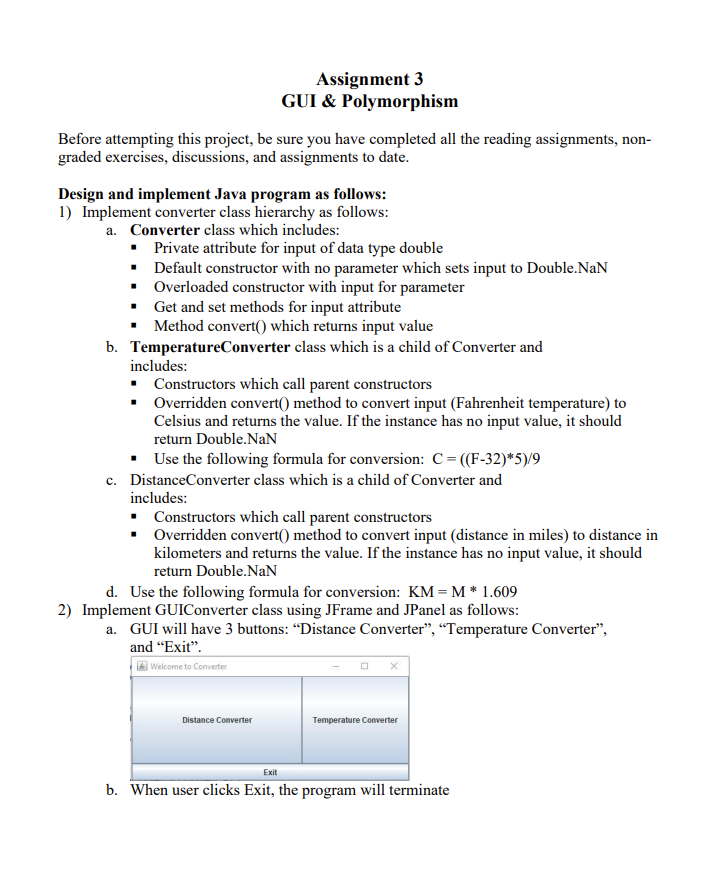python class constructor return value
Its useful for logging purposes such as keeping a count of the instances of the class. In Python the constructor does not return any value.

Python Classes And Objects Codesdope
The default constructor is used to initialize instances or objects from.

. Once its defined it needs to be instantiated. When a Python class is defined the default constructor is created automatically. In the second version which is the first code snippet you gave your first line assigns a list to a local variable named self.
Selfscore num def getScoreself. Constructor Return Value. Return test cl Test print cl clhi The method __str__ self is setting the behavior for the class when.
However you only need to modify it in a few cases. Anything that can be used as a value. It is known as a constructor in object oriented concepts.
In Python the class name provides what other languages such as C and Java call the class constructor. That DOES NOT replace the object being. Print hi def __str__ self.
3 hours agoTo pass arguments to a constructor in a base class use an expanded form of the derived class constructor declaration which passes arguments along to one or more base. A class is a user-defined blueprint or prototype from which objects are. Sum ab return sum Calling the constructor of Test class with two arguments ob1 Test1020 Output.
This method called when an object is created from the class and it allow the class to. Selfscore 0 selfnum_enemies 5 selfnum_lives 3 def setScoreself num. We can create a constructor without any arguments.
Return Hello instance. Constructing Instances in Python. Python __init__ is the constructor.
It is important to note that everything in Python is an object including classes. Calling a class like you did with Person triggers Pythons class. A constructor cannot return any value except None.
In Python the __init__ method is called the. If new does not return an instance of cls then the new instances init method will not be invoked. The task of constructors is to initializeassign values to the data members of the class when an object of the class is created.
Solution here Yes trying to return from the init method in python returns errors as it is a constructor of the class you can only assign values for the scope of the class but not. More Tips to Use The Constructor. __init__ is a reseved method in python classes.
The first question did work for me but I would like to call the instance variable after the constructor ran. Functions in a class can be defined in the following way. Therefore while declaring a constructor we dont have anything like return type.
We can pass the values data during object creation. In Python the constructor must return a value. Objects as Return Values in Python Constructor Method.
Python itself does not have a syntactical concept of. Count 0 def __init__ self.

Python Constructors Decodejava Com
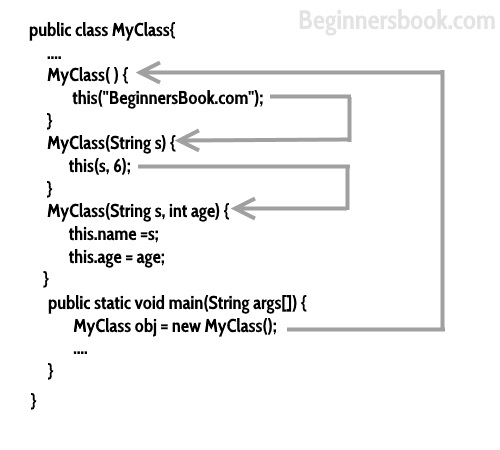
Java Constructor Chaining With Example
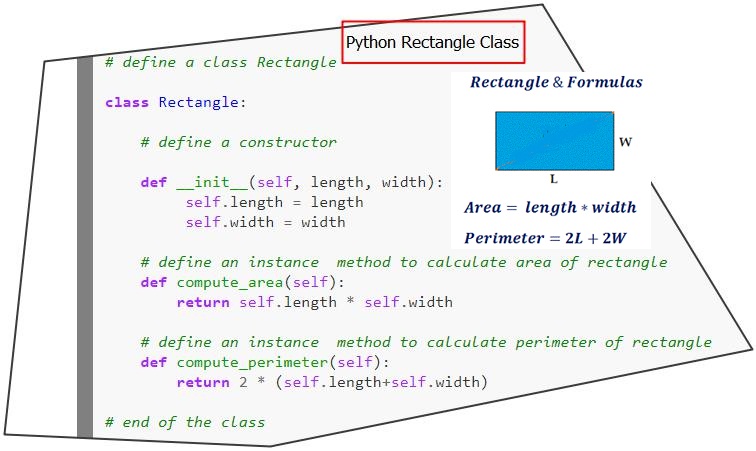
Python Create New Class Rectangle Easycodebook Com

Constructors In C Explain With Five Examples

Python Constructors Tutorialbrain
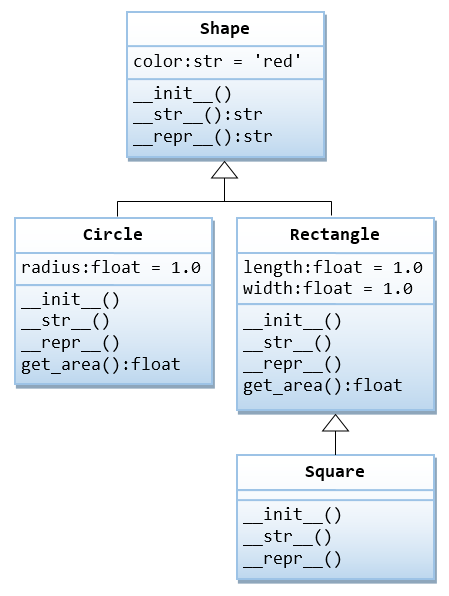
Python Tutorial Object Oriented Programming Oop
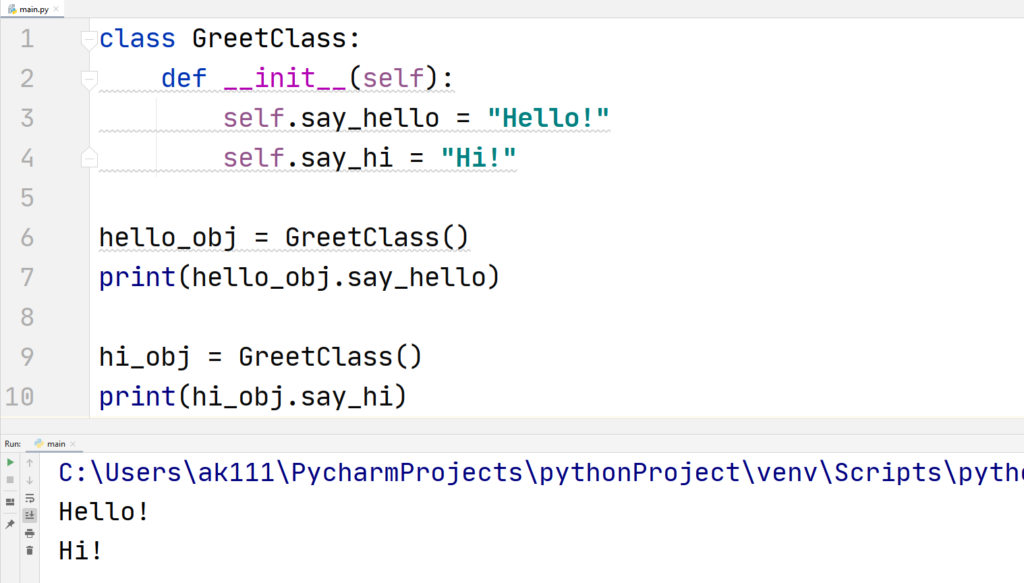
Python Constructors Tutorialbrain

Constructor In Java With Example Dataflair

How To Create A Python Class Generator For Vs Code Digitalocean
Default Constructor In Java Class Constructor Example
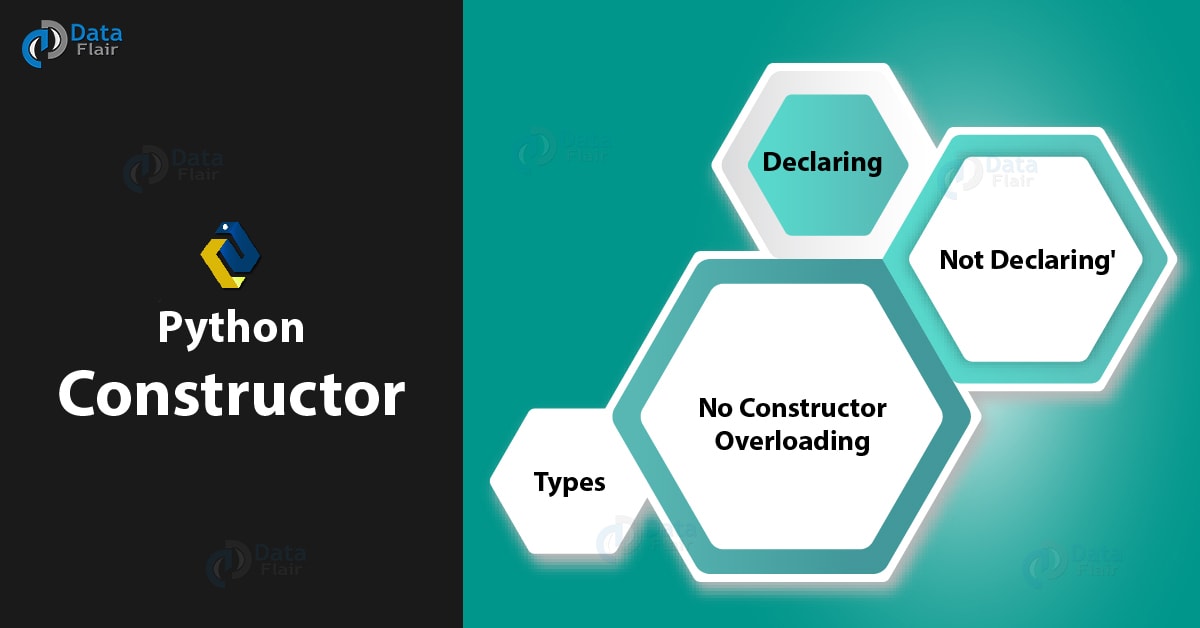
Python Constructor Parameterized And Non Parameterized Dataflair
Difference Between Constructor And Method Difference Between
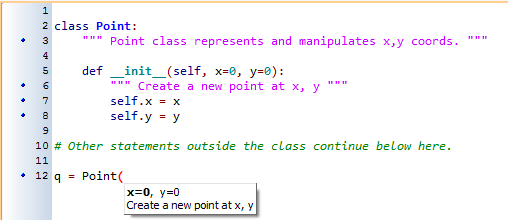
15 Classes And Objects The Basics How To Think Like A Computer Scientist Learning With Python 3
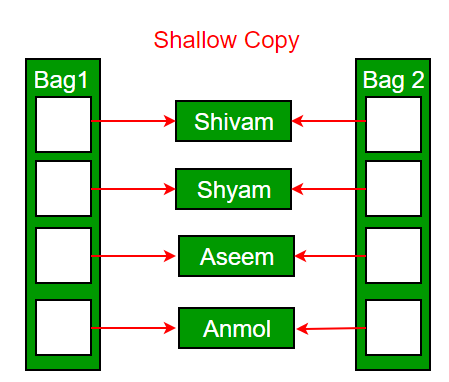
Copy Constructor In C Geeksforgeeks
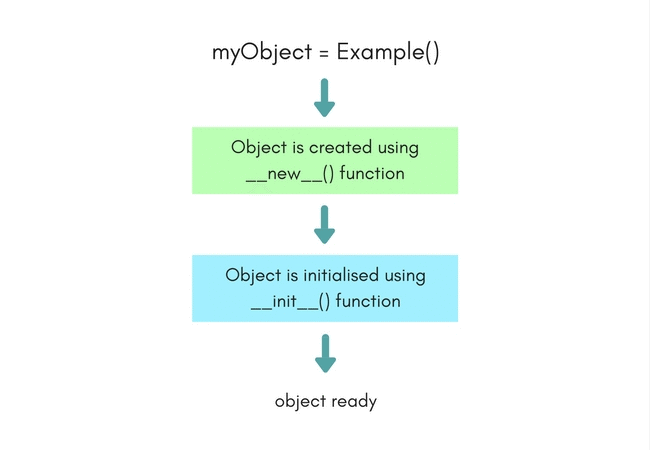
Python Constructors Studytonight

Python Class Constructors Control Your Object Instantiation Real Python

Python Class Constructors Control Your Object Instantiation Real Python
12 Classes And Objects The Basics How To Think Like A Computer Scientist Learning With Python
